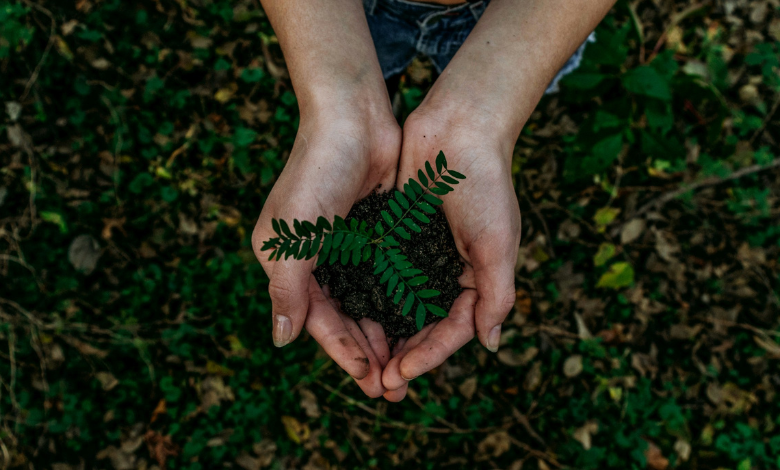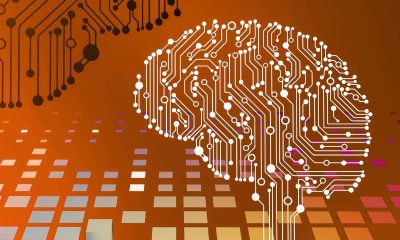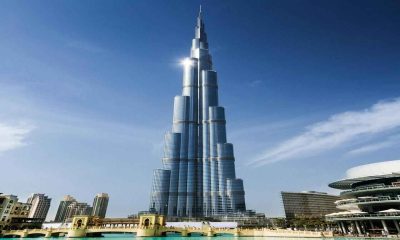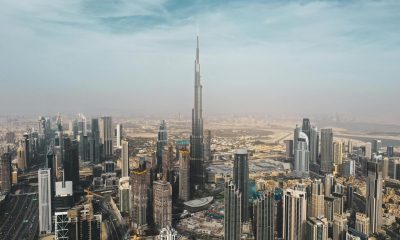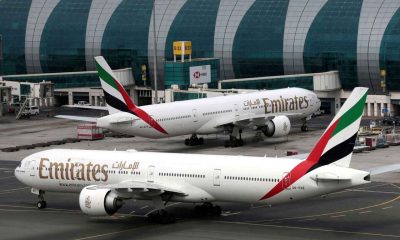Dubai, the largest and most populous city in the UAE, has set an ambitious goal of achieving net-zero emissions by 2050, making it one of the leading cities in the world to pursue a green and sustainable future. This goal is in line with the vision and directives of His Highness Sheikh Mohammed bin Rashid Al Maktoum, Vice President and Prime Minister of the UAE and Ruler of Dubai, who has launched several initiatives and strategies to transform Dubai into a smart, innovative, and resilient city.
Dubai’s net-zero goal is also aligned with the UAE’s Net Zero 2050 Strategy, which was announced in November 2023 as the first of its kind in the Middle East and North Africa (MENA) region. The strategy aims to make the UAE the first MENA nation to achieve net-zero emissions by 2050, and to create new economic and social opportunities for the country and the region.
The initiatives
To achieve its net-zero goal, Dubai has implemented various initiatives and projects across different sectors, such as energy, transport, industry, buildings, waste, and water. Some of the notable initiatives and projects are:
– The Dubai Clean Energy Strategy 2050, which was launched in 2015 and aims to provide 75% of Dubai’s total power output from clean energy sources by 2050. The strategy also aims to increase the share of solar power in the energy mix to 25% by 2030 and 44% by 2050, and to reduce the carbon footprint of power generation by 70% by 2050.
– The Mohammed bin Rashid Al Maktoum Solar Park, which is the largest single-site solar park in the world, with a planned capacity of 5,000 megawatts (MW) by 2030. The solar park, which covers an area of 214 square kilometers, features various technologies, such as photovoltaic, concentrated solar power, and hybrid systems. The solar park also hosts the world’s tallest solar tower, measuring 262.44 meters, and the world’s largest thermal energy storage capacity.
– The Dubai Green Mobility Initiative, which was launched in 2016 and aims to increase the share of electric and hybrid vehicles in Dubai’s total fleet to 10% by 2030, equivalent to 42,000 vehicles. The initiative also aims to provide the necessary infrastructure and incentives for green mobility, such as charging stations, green parking, green registration, and green loans.
– The Dubai Industrial Strategy 2030, which was launched in 2016 and aims to enhance the competitiveness and sustainability of Dubai’s industrial sector. The strategy focuses on six priority sub-sectors, namely aerospace, maritime, aluminum and fabricated metals, pharmaceuticals and medical equipment, food and beverages, and machinery and equipment. The strategy also aims to reduce the carbon emissions of the industrial sector by 30% by 2030.
– The Dubai 10X Initiative, which was launched in 2017 and aims to make Dubai 10 years ahead of other cities in the world by adopting disruptive and innovative technologies and solutions. The initiative covers various sectors and domains, such as health, education, security, tourism, and environment. Some of the projects under the initiative include the Dubai Paperless Strategy, the Dubai Blockchain Strategy, the Dubai 3D Printing Strategy, and the Dubai Autonomous Transportation Strategy.
– The Dubai Carbon Abatement Strategy, which was launched in 2017 and aims to reduce the carbon emissions of Dubai by 16% by 2021, 25% by 2030, and 42% by 2050, compared to the business-as-usual scenario. The strategy also aims to enhance the carbon capture, utilization, and storage (CCUS) capacity of Dubai, and to promote the carbon trading and offsetting mechanisms.
The impact
The investment and advanced technology have played a vital role in supporting Dubai’s development and its net-zero goal. Some of the benefits and outcomes of the initiatives and projects are:
– The creation of new jobs and opportunities for both Emirati and international talents, entrepreneurs, and investors, as well as the transfer of knowledge and skills between Dubai and the world.
– The diversification and modernization of Dubai’s economy, as well as the enhancement of its competitiveness and innovation capabilities in the global market.
– The advancement of Dubai’s vision of becoming a smart, happy, and sustainable city, as well as a pioneer in achieving the Sustainable Development Goals (SDGs).
– The strengthening of Dubai’s energy security and resilience, as well as its contribution to the global efforts to combat climate change and reduce greenhouse gas emissions.
– The improvement of the quality of life and well-being of the people of Dubai, as well as the promotion of cultural exchange and mutual understanding.
The reaction
The investment and advanced technology have received positive feedback and recognition from various stakeholders, including the governments, the private sector, the media, and the public of both Dubai and the world. The leaders of Dubai have expressed their satisfaction and appreciation of the progress and achievements made in the fields of clean and renewable energy, green mobility, and sustainable development.
The private sector of Dubai has also shown its interest and enthusiasm in exploring new avenues and opportunities for collaboration and innovation. The media of Dubai and the world have also highlighted the achievements and potential of Dubai and its net-zero goal and its impact on the development of the region and the world. The public of Dubai and the world have also expressed their support and admiration for Dubai and its net-zero goal and its benefits for the people and the planet.
